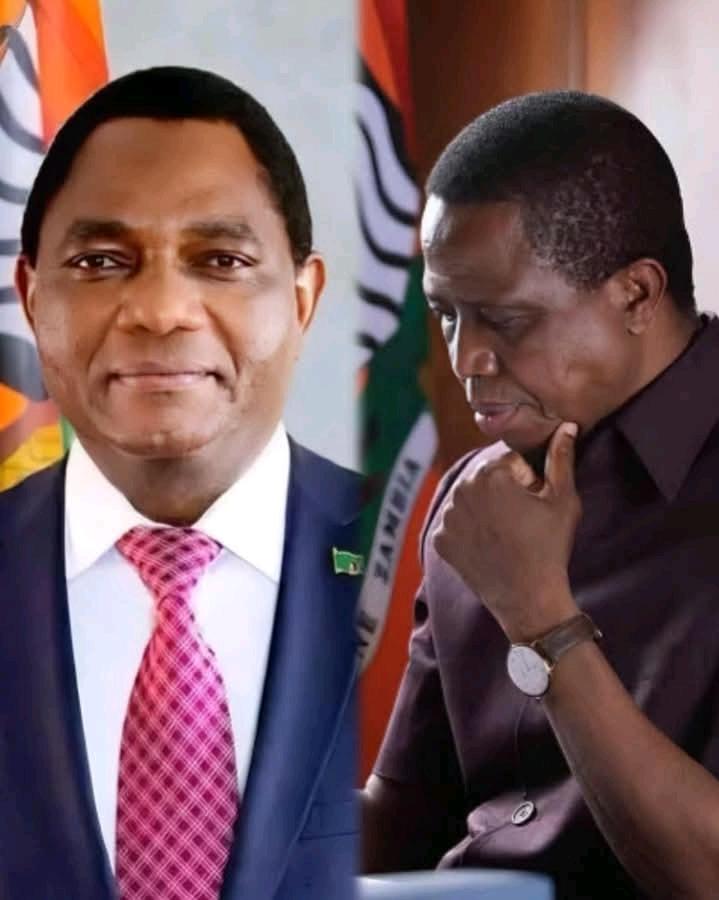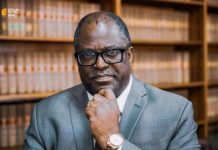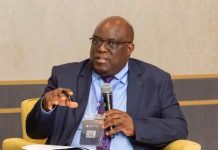
Africa-Press – Zambia. By: zambianobserver
To honour the late President of Zambia, Edgar Lungu’s request that the incumbent President Hakainde Hichilema must not attend his funeral, the family has decided to lay Lungu to rest in South Africa with ‘dignity and peace’.
These political dynamics between Edgar Lungu and Hakainde Hichilema in Zambia provide several important lessons regarding governance, human rights, and the rule of law. Let’s delve into them.
For starters, in 2017, Hichilema was charged with treason and taken into custody by Lungu’s government for disrupting the President’s motorcade.
As a matter of fact, unjust arrests, disregard for proper legal procedures, and excessive use of force by authorities erode public confidence in institutions and can incite social turmoil.
It is therefore crucial for governments to prioritize the preservation of individual rights, even in politically sensitive circumstances.
Furthermore, during Lungu’s regime, police searched Hichilema’s home without a warrant, tear-gassing occupants, beating workers, and pepper-spraying them on their genitals.
This hostility between Lungu and Hichilema illustrates the need for political tolerance and constructive dialogue among political opponents.
It must be emphasized that healthy democracies thrive on the ability of leaders to engage in respectful discourse, even when they disagree.
Building a culture of tolerance can help mitigate conflicts and promote stability.
At the time of his arrest, Hichilema was initially denied access to healthcare and visits from his family,
The aggressive tactics used by Lungu’s regime against Hichilema reflect how political rivalry can detract from effective governance.
When leaders focus on suppressing opposition rather than addressing the needs of the populace, it can lead to a decline in public services, economic instability, and a loss of legitimacy.
Additionally, during Lungu’s tenure, Police used excessive force, resulting in fatalities, such as the killing of two unarmed people at a UPND gathering in 2020.
The loss of life at political gatherings underscores the need for accountability and reform in policing practices.
Moreover, Lungu’s government disrupted Hichilema’s campaign in the 2021 election by denying travel permits and permissions to hold rallies.
In fact, Lungu’s government’s actions to disrupt Hichilema’s campaign by denying travel permits and rally permissions illustrate the dangers of political suppression.
This scenario emphasizes the need for fair electoral practices and the importance of allowing opposition parties to campaign freely.
Ii was not surprising that upon ascending to power, Hichilema’s government seized over 20 houses belonging to Lungu.
Hichilema’s decision to seize Lungu’s properties in retaliation reflects a cycle of political vengeance that can destabilize governance.
This action raises questions about the rule of law and the ethical implications of using state power for personal or political retribution.
It also highlights the need for political leaders to prioritize reconciliation and dialogue over retaliation, fostering a more stable political environment.
Regrettably, Hichilema administration further denied Lungu’s access to medical treatment to South Africa.
The denial of medical treatment to Lungu by Hichilema’s administration raises significant ethical concerns regarding the treatment of former leaders and the principle of universal access to healthcare.
This scenario serves as a reminder that political differences should not compromise basic human rights. Ensuring access to healthcare for all, regardless of political standing, is essential for a just society.
In summary, the interactions between Edgar Lungu and Hakainde Hichilema serve as a case study in the complexities of political leadership, the importance of upholding democratic values, and the need for a commitment to human rights and reconciliation in governance.
Lastly, we are still optimistic that the issues surrounding funeral arrangements for former President Edgar Lungu will be peacefully resolved between the government and his family, resulting in a dignified burial in his home country of Zambia.- maravipost
Source: zambianobserver
For More News And Analysis About Zambia Follow Africa-Press






